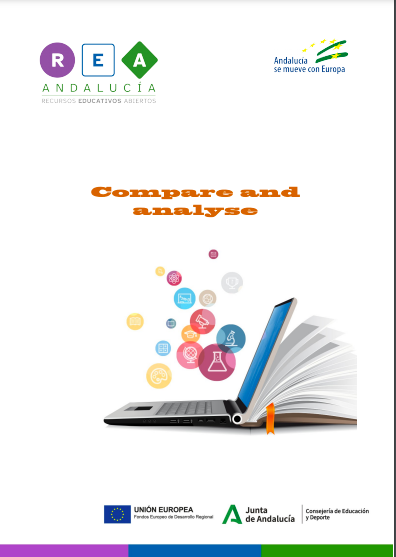Dictionary
Elbow pads
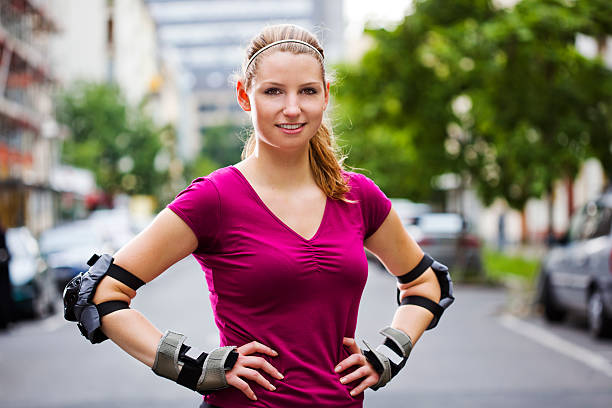
- Definition:
-
Piece of material which covers the elbows and is used to prevent sports injuries.
-
Trozo de material que cubre el codo y se usa para prevenir heridas durante un deporte.
- Example:
-
I always wear elbow pads when I go rollerblading.
-
Siempre llevo coderas cuando voy a patinar.
- Spanish word:
-
Coderas
- Audio:
Encourage
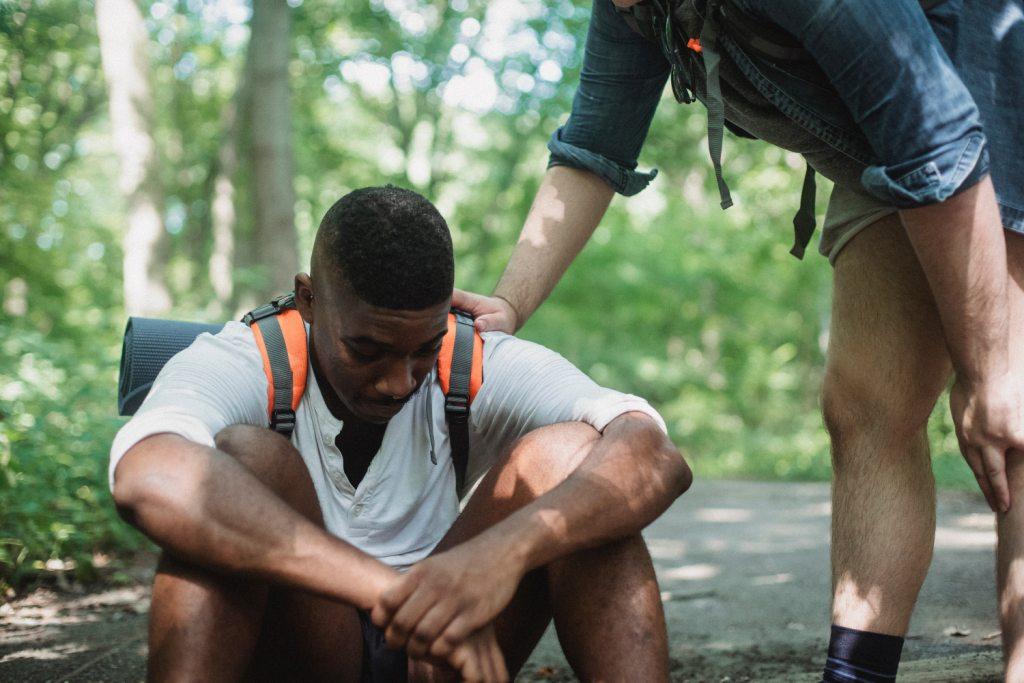
- Definition:
-
To let a person know that what they are doing is positive and they should continue to do it.
-
Infundir ánimo a alguien para que empiece o siga realizando una acción.
- Example:
-
My parents always encouraged me to do sports.
-
Mis padres siempre me han animado a hacer deporte.
- Spanish word:
-
Animar, motivar
- Audio:
Equipment

- Definition:
-
The necessary items for a particular purpose.
-
Los objetos necesarios para un objetivo particular.
- Example:
-
I always take my sports equipment for my training.
-
Siempre llevo mi material deportivo al entrenamiento.
- Spanish word:
-
Material (deportivo)
- Audio:
Filthy
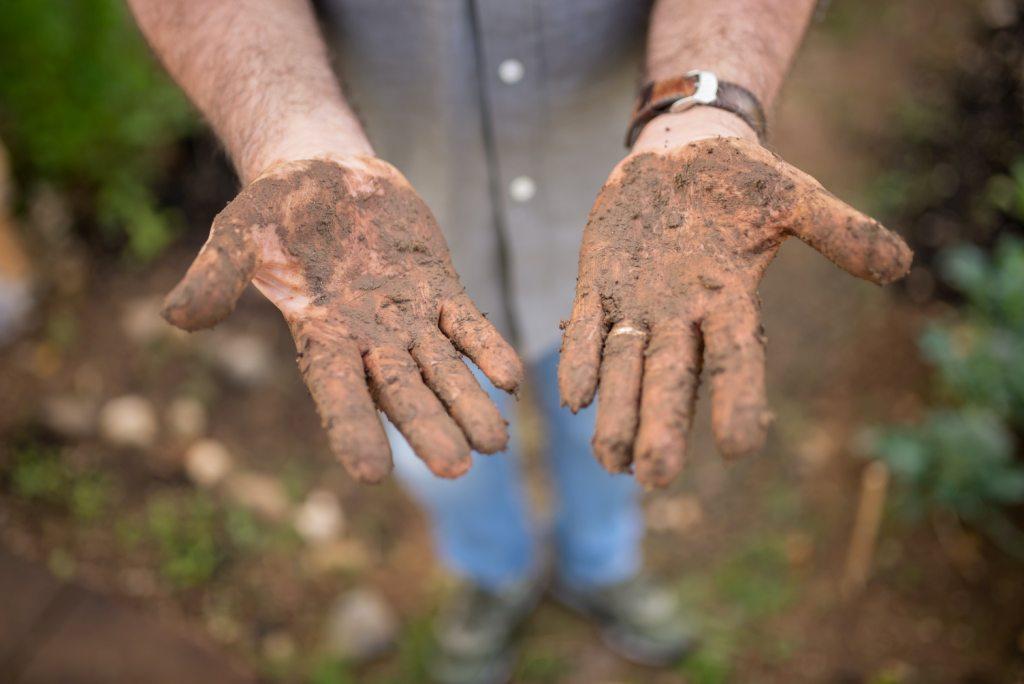
- Definition:
-
Extremely dirty.
-
Extramadamente sucio.
- Example:
-
Wash your hands, they're filthy.
-
Lávate las manos, están sucias.
- Spanish word:
-
Sucio
- Audio:
Guest

- Definition:
-
A person that has been invited to a social occasion.
-
Una persona que ha sido invitada a un evento.
- Example:
-
There are 150 guests at this wedding.
-
Hay 150 invitados en esta boda.
- Spanish word:
-
Invitado
- Audio:
Match

- Definition:
-
A sports event in which people or teams compete against each other.
-
Evento deportivo en el cual se enfrentan personas o equipos.
- Example:
-
Serena Williams won the match.
-
Serena Williams ganó el partido.
- Spanish word:
-
Partido
- Audio:
Muscle

- Definition:
-
A part of the body which is used to produce movement.
-
Tejido del cuerpo que, con la contracción y la relajación, produce movimiento.
- Example:
-
You need to work out all your muscles.
-
Necesitas trabajar todos tus músculos.
- Spanish word:
-
Músculo
- Audio:
Recording

- Definition:
-
A group of sounds, speech or music that has been recorded in order to be listened to later.
-
Sonido que ha sido grabado para ser escuchado más tarde.
- Example:
-
If you can't go to class today, you can listen to the recording of the session.
-
Si no puedes ir a clase hoy, puedes escuchar la grabación de la sesión.
- Spanish word:
-
Grabación
- Audio:
Rest

- Definition:
-
To stop being active in order to relax or to get back one's strength.
-
Dejar de estar activo para relajarse o recuperar fuerzas.
- Example:
-
Try to rest as much as possible.
-
Intenta descansar lo máximo posible.
- Spanish word:
-
Descansar
- Audio:
Sportsperson
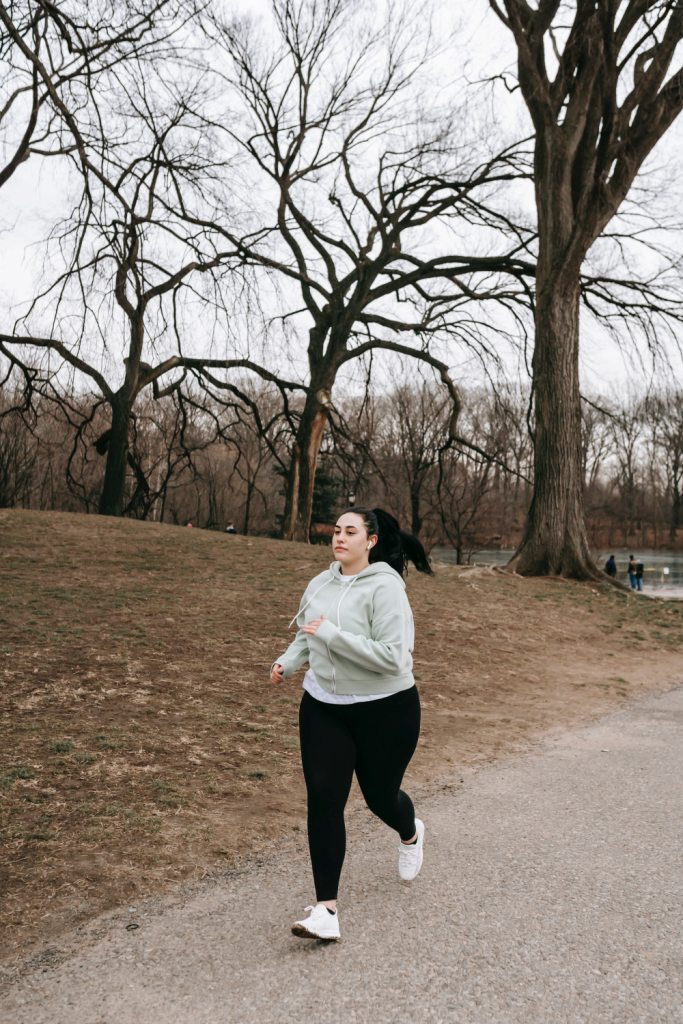
- Definition:
-
Any person who takes part in a sport.
-
Una persona que hace deporte.
- Example:
-
That sportsperson has won many tournaments.
-
Ese deportista ha ganado muchos torneos.
- Spanish word:
-
Deportista
- Audio:
Tournament
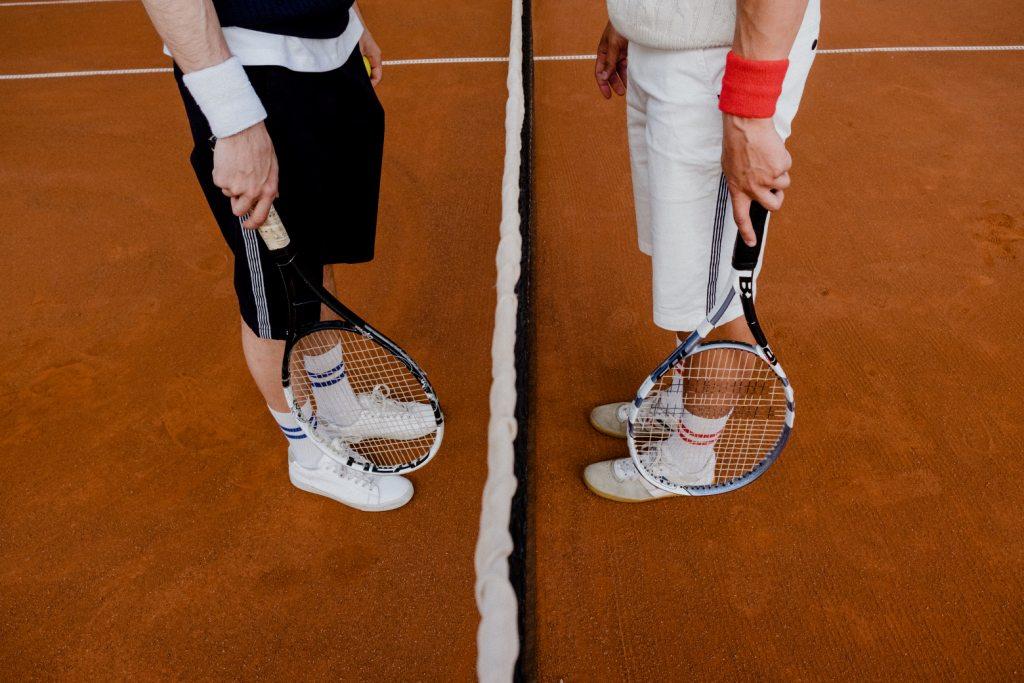
- Definition:
-
A series of games in which the winning players or teams play against the other winners until there is only one winner left.
-
Competición de jugadores o equipos en la cual los ganadores de cada partido juegan entre sí hasta que solo queda un ganador.
- Example:
-
My school team has won all the games of the tournament.
-
El equipo de mi colegio ha ganado todos los partidos del torneo.
- Spanish word:
-
Torneo
- Audio:

